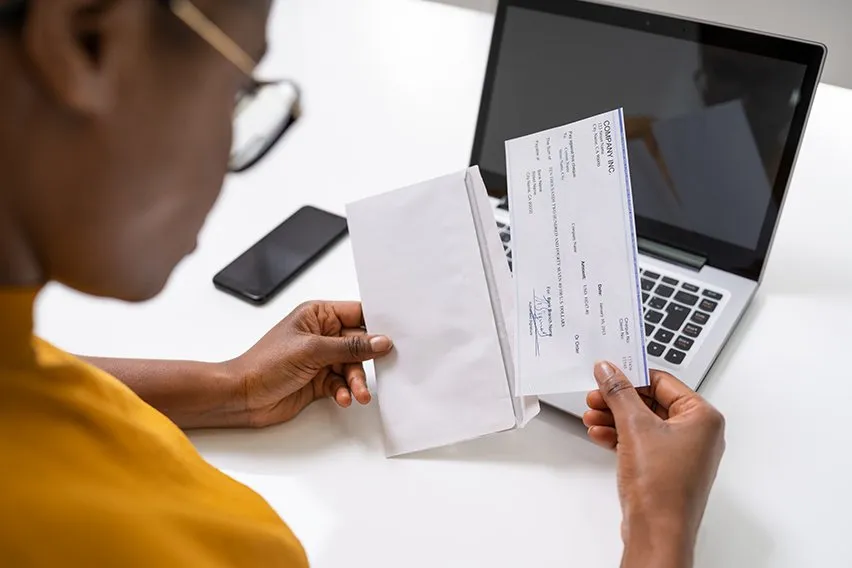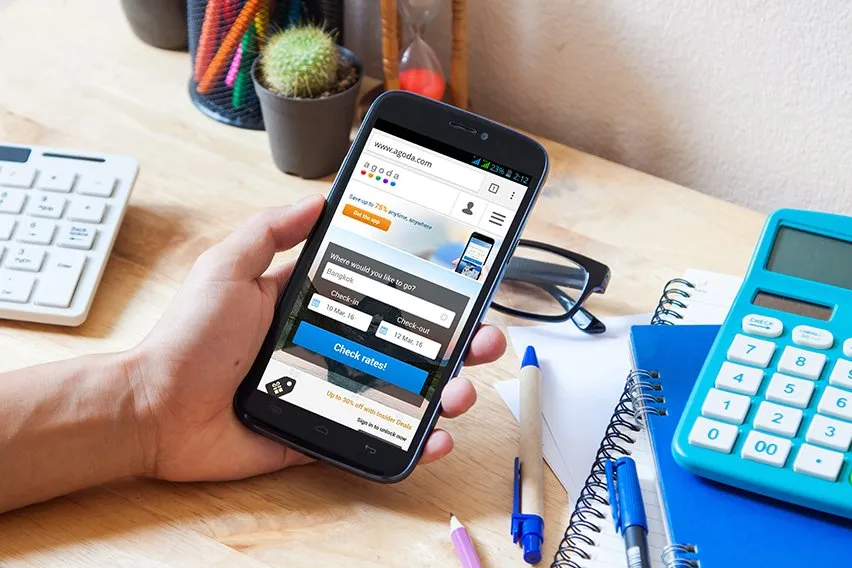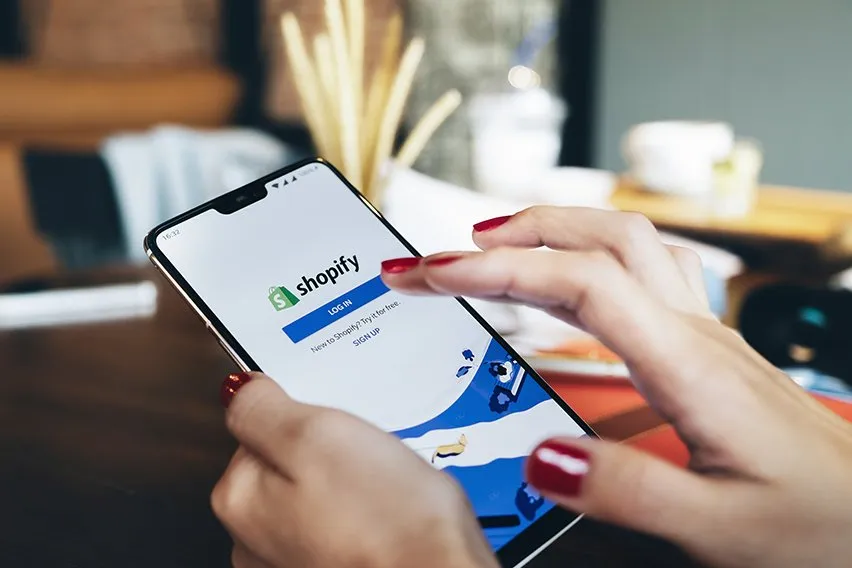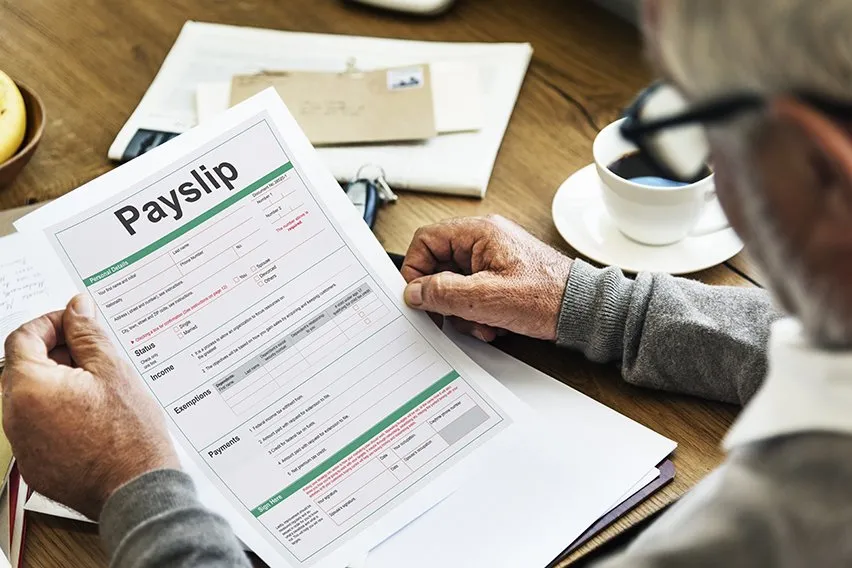What is a Stale Cheque?

When you receive a cheque, it may be tempting to procrastinate in either depositing or cashing it. This is especially true if the amount of the cheque is relatively low. However, if you leave an uncashed cheque for too long, you risk not being able to access that money at all. This is because when too much time has passed since a cheque’s date, it becomes stale and is no longer valid.
What exactly is a stale cheque, though, and what can you do about it?
Here’s What We’ll Cover:
Stale Cheques
First lets make sure there is no confusion, between a stale-dated cheque and a post-dated cheque. Here are the basic definitions and the difference is important:
- Post-dated Cheque – This is a cheque that has had a future date written on it by the cheque writer. This means your financial institution cannot cash or deposit the cheque until that date has arrived.
- Stale-dated Cheque – This is a cheque that is still uncashed more than 6 months after it’s written. At this point, it is a stale cheque, and a financial institution will not cash it.

In essence, a post-dated cheque is telling the bank they can’t cash it until a certain date. A stale-dated cheque has long passed the date written on it.
If you have a stale cheque, unfortunately, your financial institution won’t be able to do anything with it as it is no longer a valid cheque. So what else can you do to get the funds?
Get a Replacement Cheque
If a cheque has gone stale on you, then know that the cheque writer has never had the funds leave their account. This means that if the original cheque was for a service provided, for example, then the money is technically still owed. If you contact the cheque writer they may be willing to issue you a replacement cheque. They should be able to check their bank statement and see that the money was never withdrawn. Of course, that may require an explanation of why you let the original cheque go stale, to begin with.
If this cheque is for a business matter, you may also see some resistance when you request a replacement cheque. The cheque writer could claim that they held up their end of the agreement by giving you a valid original cheque, and you are to blame for the stale cheque.
Prevent Stale Cheques
The best solution is to simply not let cheques go stale. If you’re a small business owner, this responsibility falls on you.
When you receive a cheque for payment, you should try to get it deposited into your account immediately. At the least, you should have a day each week when you deposit cheques. This will ensure that the original cheque makes it to the bank rather than finding its way into a drawer where you can forget it.

The good news is we are now in the 21st century, and that means mobile banking exists. Chances are high that your financial institution allows personal and business cheque deposits via a mobile app. With this modern convenience, there really is no excuse for holding onto a stale cheque.
In fact, with modern technology, cheques themselves are becoming a bit antiquated. Even though they are still a valid form of payment, other options such as ACH transfers have become more prevalent.
Key Takeaways
Stale cheques are those that have passed their life as a valid form of payment. This life only lasts up to 6-months from the date on the cheque in most instances.
This is not the same thing as a post-dated cheque, which is one where the cheque writer puts a future date for the cheque’s cash date.
When a cheque goes stale, your financial institution will no longer honour it. This means if you want to get the funds owed to you, you will need to contact the cheque writer to get a replacement cheque. This may work easily, and you may see resistance from the cheque writer. So, prepare yourself.
The day is to be diligent with your check deposits. Deposit immediately, or at least you should do it daily. You may also want to begin to move away from cheques and into more modern payment methods. A business of any size can accept online payments with no trouble and no more stale cheques to worry about!.
If you’re looking for more information like this, check out our resource hub!
RELATED ARTICLES

 Understanding the Influence of Power Dynamics at Work
Understanding the Influence of Power Dynamics at Work What Is an Account Name?
What Is an Account Name? What Is Project Life Cycle: The 5 Phases
What Is Project Life Cycle: The 5 Phases Shopify Vs WooCommerce: Which Is the Better Platform?
Shopify Vs WooCommerce: Which Is the Better Platform? 5 Best Point of Sale Systems for Small Businesses in 2025
5 Best Point of Sale Systems for Small Businesses in 2025 Free Payslip Template & Simple Steps to Make Your Own
Free Payslip Template & Simple Steps to Make Your Own